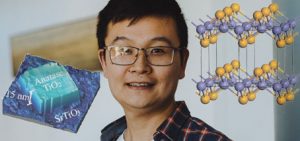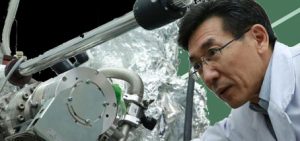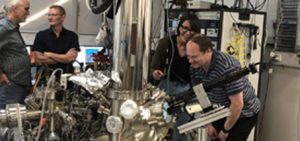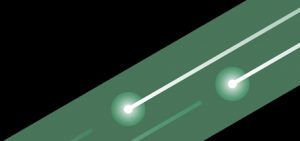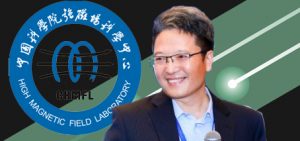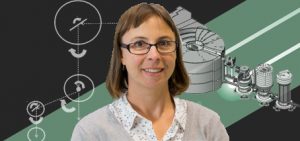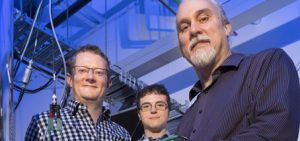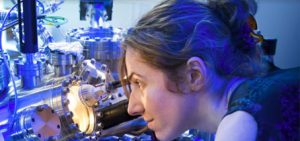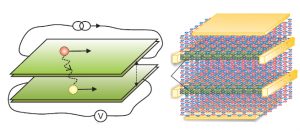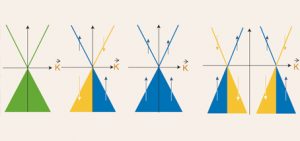PARTNERS
With a goal to boost Australian research and help transform the country’s electronic technologies, FLEET welcomes partnerships with research institutions, industry and educational organisations.
FLEET has forged strong, collaborative links with Australian and international partner organisations, which are listed below.
Research and scholarship opportunities at our partner organisations Opportunities at FLEET partners
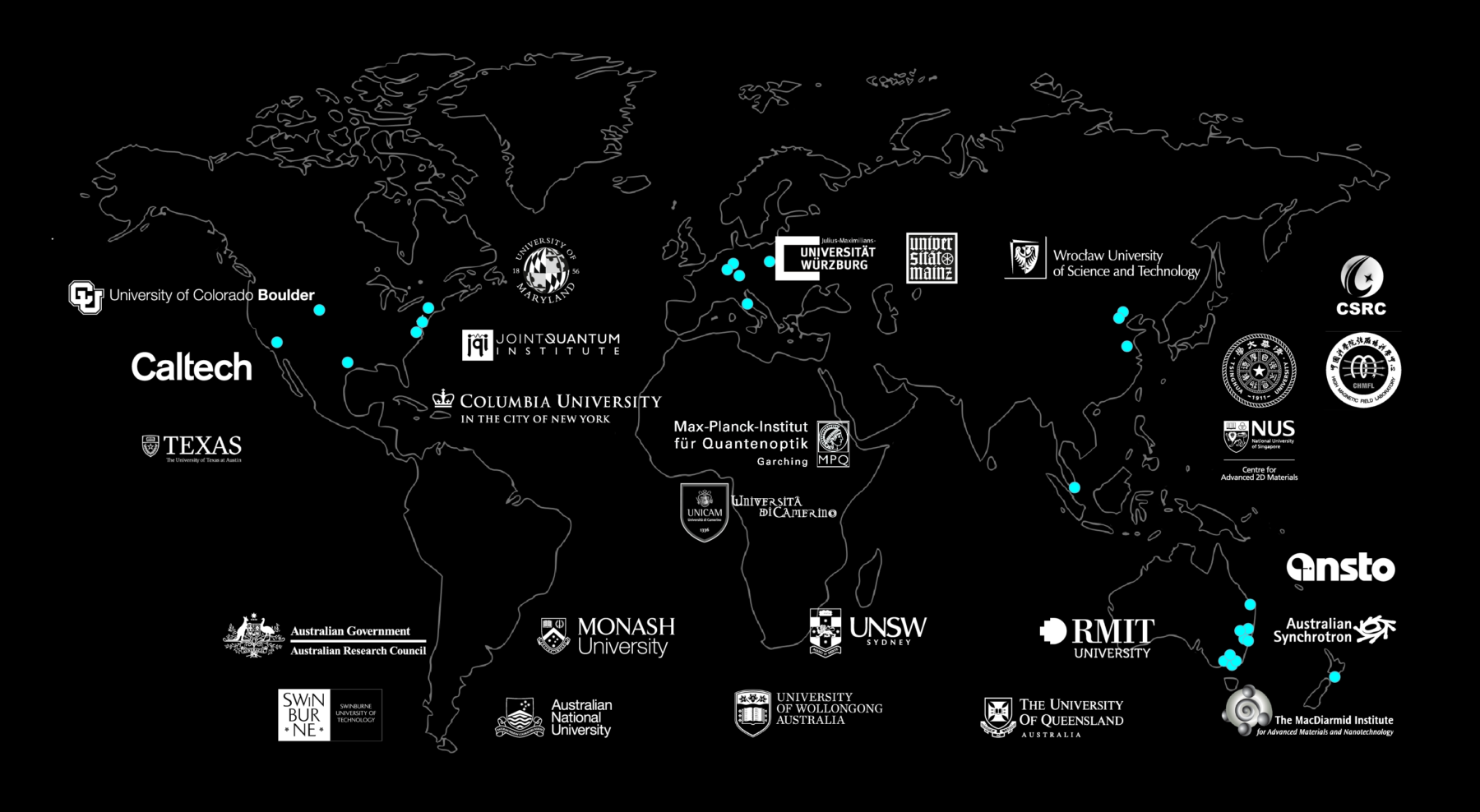
FLEET’s national and international partners include the following:
- Australian Nuclear Science and Technology Organisation (ANSTO) Australia
- Australian Synchrotron Australia
- California Institute of Technology (Caltech) USA
- Chinese Academy of Science: High Magnetic Field Laboratory, China
- Columbia University, New York USA
- MacDiarmid Institute New Zealand
- Max Plank Institute of Quantum Optics Germany
- National University of Singapore
- University of Camerino Italy
- University of Colorado, Boulder USA
- University of Maryland Joint Quantum Institute & National Institute of Standards and Technology USA
- University of Maryland Center for Nanophysics and Advanced Materials USA
- University of Texas, Austin USA
- University of Wurzburg Germany
- Tsinghua University China
- Wroclaw University of Science and Technology Poland
Partner Investigators
Research Collaboration
Through our network, FLEET is forging significant national and international partnerships with research institutions and industry. We always welcome new links with collaborators with complementary expertise. Engagement opportunities include:
- R & D project collaboration
- Personnel exchange and visits
- Leverage for external funding sources
- Access to cutting-edge research facilities
- Connecting with the global FLEET network
Drop us an email to contact@fleet.org.au for details on how we can collaborate.
Research Translation
FLEET is committed to boosting the Australian R&D sector and creating distinct opportunities to create high value IPs for transforming electronic technologies by focusing on developing advanced structures that will offer dissipationless electronics. We will achieve these by:
- Producing suites of important IP in the electronic materials sector. These will serve as the basis for establishing spin-off companies
- Leveraging our strong ties to research centres at nodes with foci on novel materials research and translation
- Building strong links to the intermediary research institutes and providing an avenue to deliver the IPs to the wider development laboratories with commercialisation focus, and
- Liaising with partners both in Australia and internationally interested in novel electronic devices and systems through our network.

